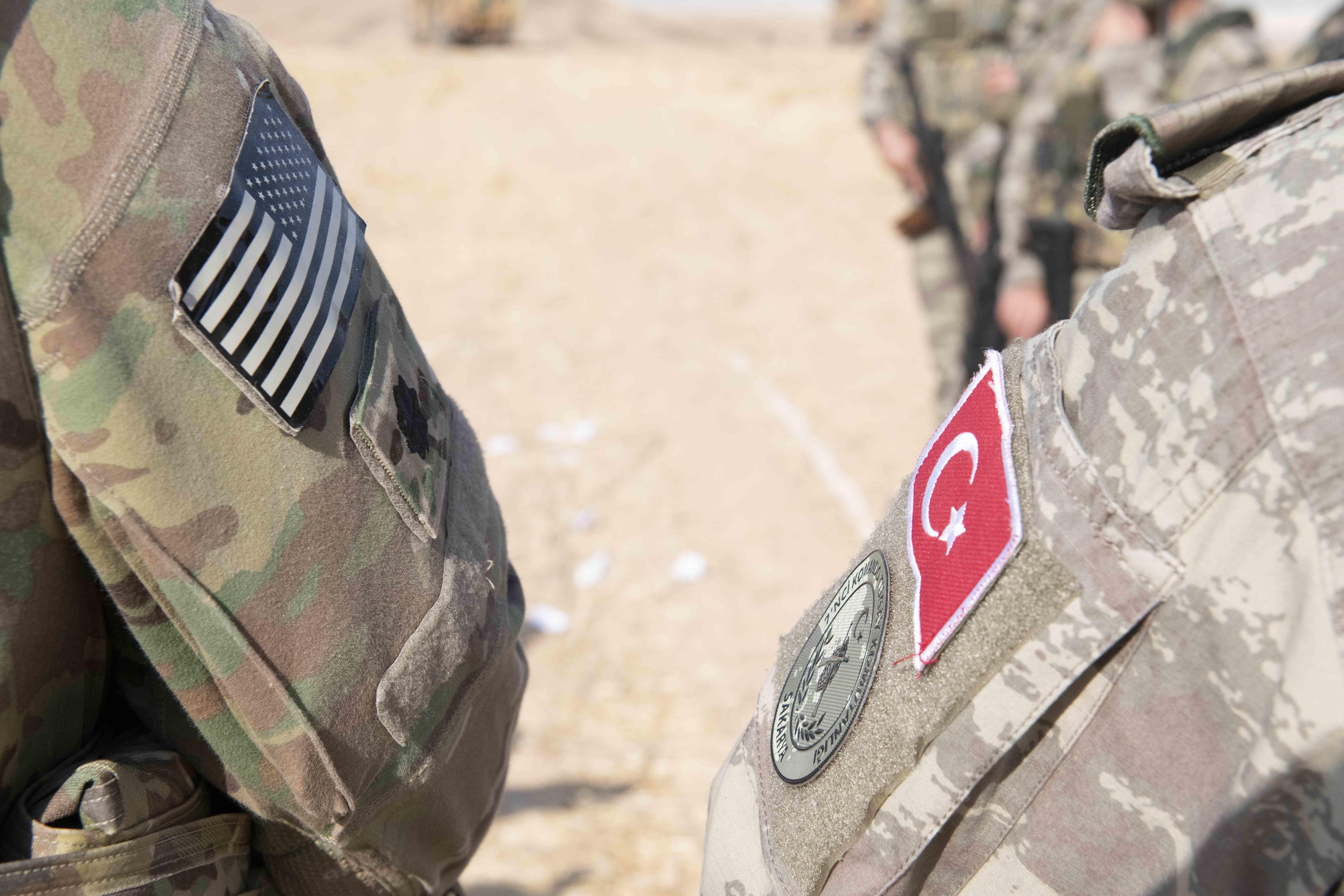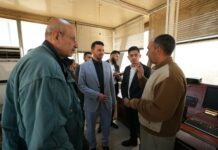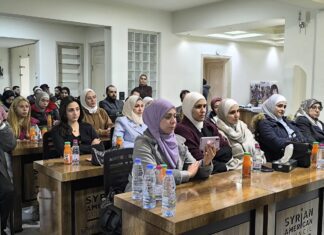
The United States is working closely with Turkey in its ongoing military operations against PKK-aligned elements of the Syrian Democratic Forces (SDF) in northeastern Syria, despite Washington’s longstanding partnership with the SDF and its alliance with Turkey as a NATO member. In a press briefing Tuesday, Pentagon spokesman Brig. Gen. Patrick Ryder confirmed “good coordination and communication” between the US and Turkey on Turkish strikes following a recent terror attack on a Turkish military facility.
“The United States supports Ankara’s legitimate security concerns related to the terrorist attack in Ankara,” Ryder said, emphasizing that Washington recognizes the Kurdistan Workers’ Party (PKK) as a terrorist organization and understands its links to parts of the SDF in Syria. The PKK, responsible for the recent attack, is designated as a terrorist group by both the US and Turkey. This nuanced position reflects the balancing act the US faces in supporting Turkey’s security needs while maintaining its backing for the SDF, a key ally in the fight against ISIS.
The Pentagon’s comments follow a phone call between Turkish Defense Minister Yasar Guler and US Secretary of Defense Lloyd Austin on Oct. 28, during which the two defense leaders discussed Turkey’s heightened military response to the Ankara attack. Turkey’s operations have targeted over 470 PKK-linked sites in Syria and Iraq since the attack, according to President Erdogan, who said his military’s response is aimed at dismantling the PKK’s operational capabilities in the region.
In remarks on Monday, Erdogan stated that the recent attack by the PKK on a state-owned military industries company killed five people and wounded 22, demonstrating what he described as the PKK’s attempt to challenge Turkish sovereignty and security.
The US, an ally of Turkey under NATO, maintains a complex relationship with the SDF, which includes elements linked to the PKK. This partnership has been crucial in combating ISIS in Syria, but Turkish concerns over the PKK’s influence within the SDF have been a longstanding source of friction between Washington and Ankara.
To navigate these challenges, Ryder underscored that the US remains committed to open dialogue and cooperation with Turkey on security matters, noting that the American and Turkish presidents are determined to maintain an open channel of communication to support each other’s security needs.
Turkey’s intensified air campaign has placed renewed pressure on the SDF, complicating US efforts to maintain stability in northeastern Syria. Yet, Pentagon officials indicate that US coordination with Turkey will persist as Washington seeks to balance its dual commitments to the SDF in countering ISIS and to Turkey as a NATO ally with recognized security concerns over the PKK.








